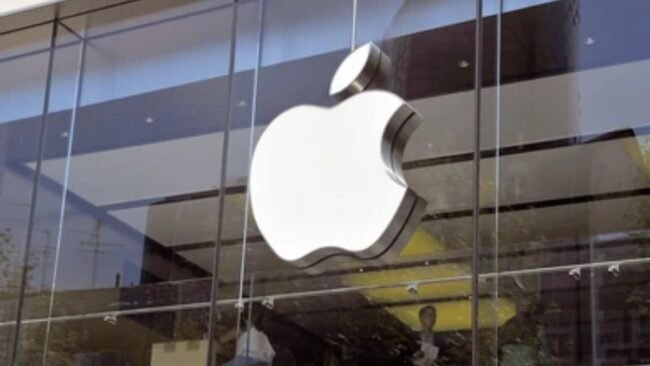Apple Trademark Lawsuit: Apple Sues Apple Cinemas Over Brand Infringement
Apple Inc. has launched a federal trademark lawsuit against Apple Cinemas, a rapidly expanding U.S. movie theater chain, citing concerns over consumer confusion and brand misuse. The lawsuit was filed in Massachusetts as Apple Cinemas unveiled plans to open over 100 new locations across the country—including a significant presence in San Francisco, near Apple’s Cupertino headquarters.
As Apple deepens its footprint in the entertainment sector, including original film productions, the company argues that the similar brand names could mislead consumers into assuming a business affiliation. With Apple’s growing investment in film distribution and streaming, the tech giant is clearly positioning itself not just as a technology leader but also as a media powerhouse.
Apple Trademark Lawsuit: Expansion Sparks Legal Battle
Although Apple Cinemas has been in operation since 2013, Apple Inc. had not previously pursued legal action. The catalyst came in 2025, when the cinema chain expanded into California—specifically opening a flagship location in San Francisco. This move placed Apple Cinemas in close physical proximity to Apple’s retail stores and headquarters.
Apple contends that such expansion, especially near its home turf, could lead to a false association in the minds of consumers, particularly given Apple’s recent releases like F1: The Movie—which is currently playing at Apple Cinemas’ San Francisco theatre. The company argues that this proximity and shared branding significantly increase the likelihood of confusion.
Trademark Rejections and Ignored Legal Warnings Escalate Conflict
Apple Cinemas had previously attempted to register trademarks for both “Apple Cinemas” and “ACX – Apple Cinematic Experience” with the U.S. Patent and Trademark Office (USPTO). However, both applications were denied. The USPTO concluded that the names bore too close a resemblance to Apple Inc.’s well-established trademarks, increasing the risk of marketplace confusion.
Conclusion: Apple Trademark Lawsuit Signals Broader Brand Protection Strategy
The Apple trademark lawsuit against Apple Cinemas is more than a corporate dispute—it’s a strategic move to safeguard one of the most valuable brands in the world. As Apple strengthens its presence in the entertainment industry, ensuring that its brand remains distinct and undiluted becomes crucial. Whether this results in a settlement, a court-ordered rebranding, or a landmark ruling, the implications for cross-industry branding are enormous.
In response, Apple Inc. issued cease-and-desist letters to Sand Media, the parent company of Apple Cinemas. According to the lawsuit, these letters were disregarded, prompting the tech company to escalate the matter to court. Apple claims that all its attempts to resolve the dispute outside of litigation were met with silence.
Apple Trademark Lawsuit: Accusations of Brand Exploitation and Dilution
In the legal filing, Apple accuses Apple Cinemas of intentionally leveraging the Apple name to benefit from its global brand recognition. The company argues that Apple Cinemas’ branding and marketing language—especially across social media—has further fueled public assumptions of a relationship between the two entities.
Apple highlights that such actions contribute to brand dilution, potentially weakening the power and exclusivity of the Apple brand. With Apple expanding into original content and theatrical releases, maintaining a distinct brand identity in the entertainment sector is a high priority for the company.
What the Apple Trademark Lawsuit Means for the Future
Apple is not just seeking financial compensation; the company is requesting a court injunction to prevent Apple Cinemas from continuing to use the name “Apple.” If successful, this could force the theatre chain to undergo a complete rebranding effort—a significant operational and financial undertaking.
This case underscores the importance of trademark enforcement in a digital era where industry lines blur between tech, media, and entertainment. The outcome could set a key precedent, especially as more tech companies venture into traditional media landscapes. Apple’s aggressive defense of its trademark may serve as a cautionary tale for companies whose names intersect with global giants.
Conclusion: Apple Trademark Lawsuit Signals Broader Brand Protection Strategy
The Apple trademark lawsuit against Apple Cinemas is more than a corporate dispute—it’s a strategic move to safeguard one of the most valuable brands in the world. As Apple strengthens its presence in the entertainment industry, ensuring that its brand remains distinct and undiluted becomes crucial. Whether this results in a settlement, a court-ordered rebranding, or a landmark ruling, the implications for cross-industry branding are enormous.







